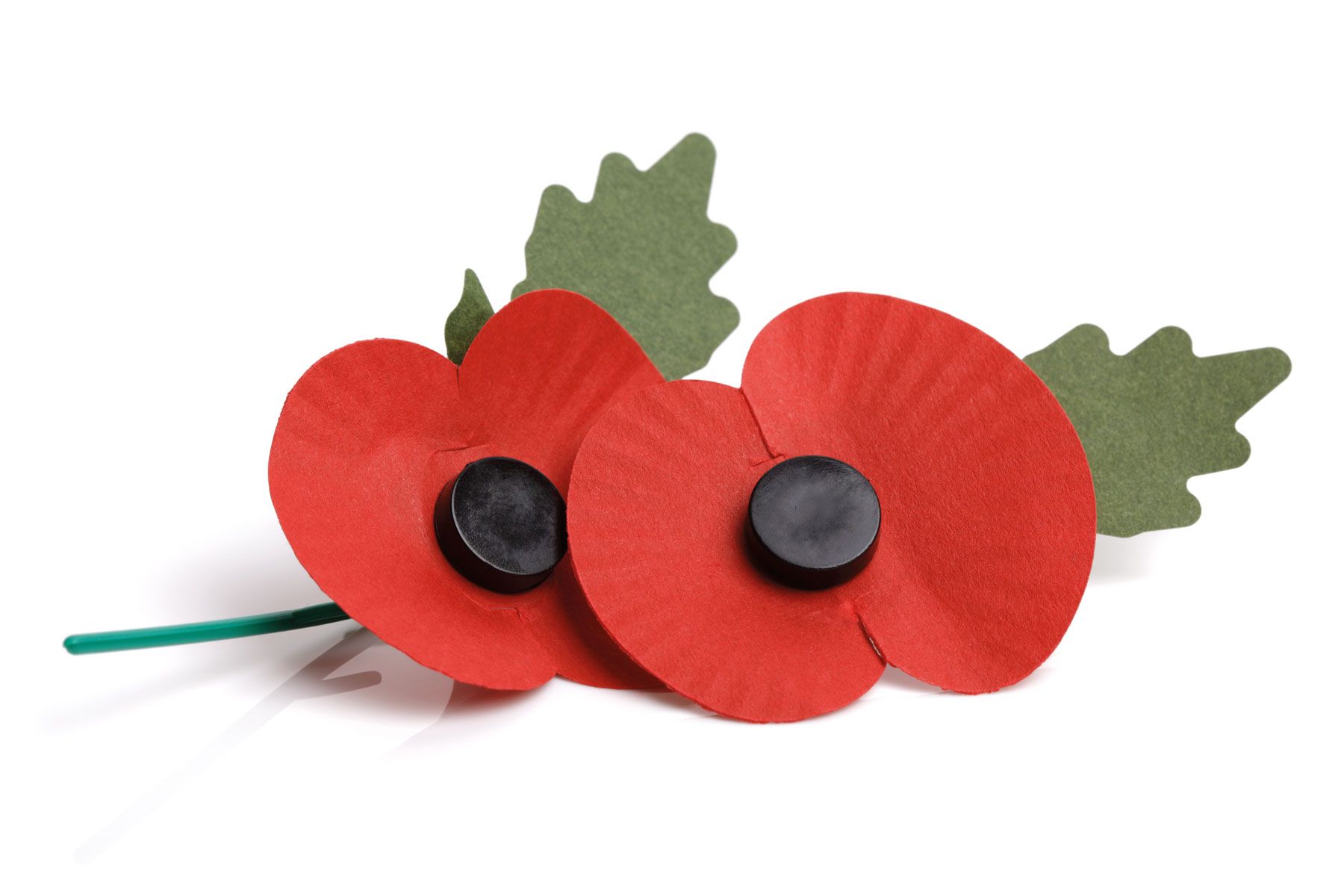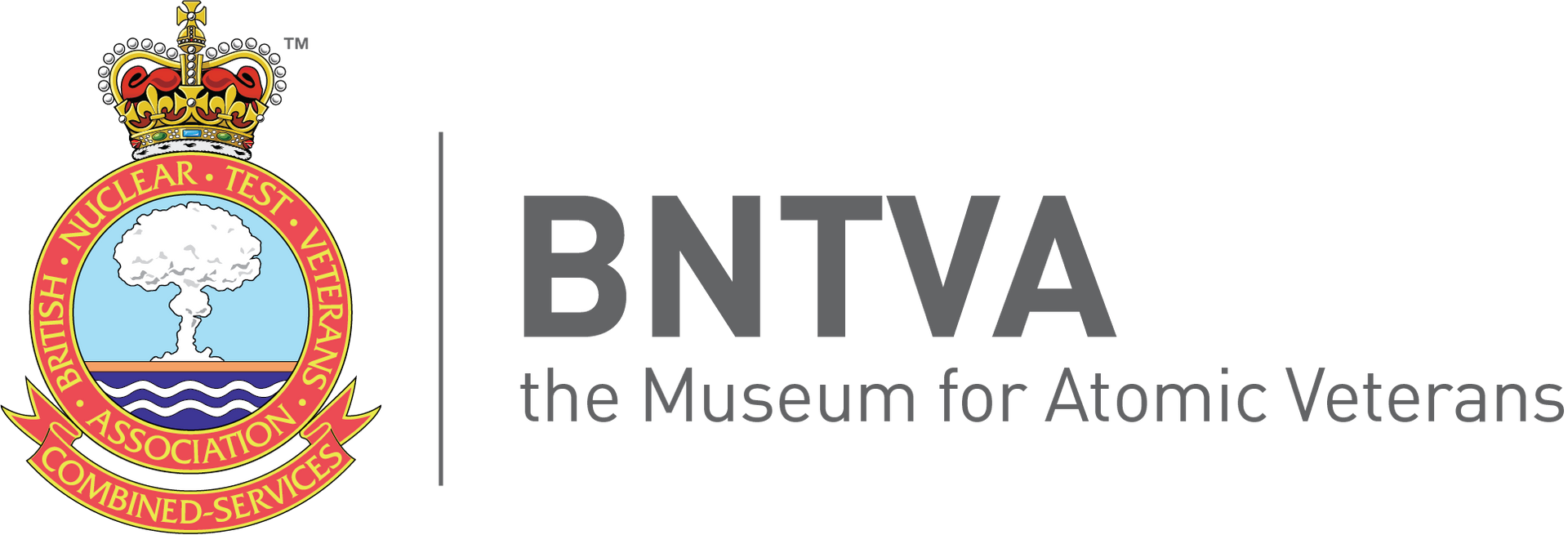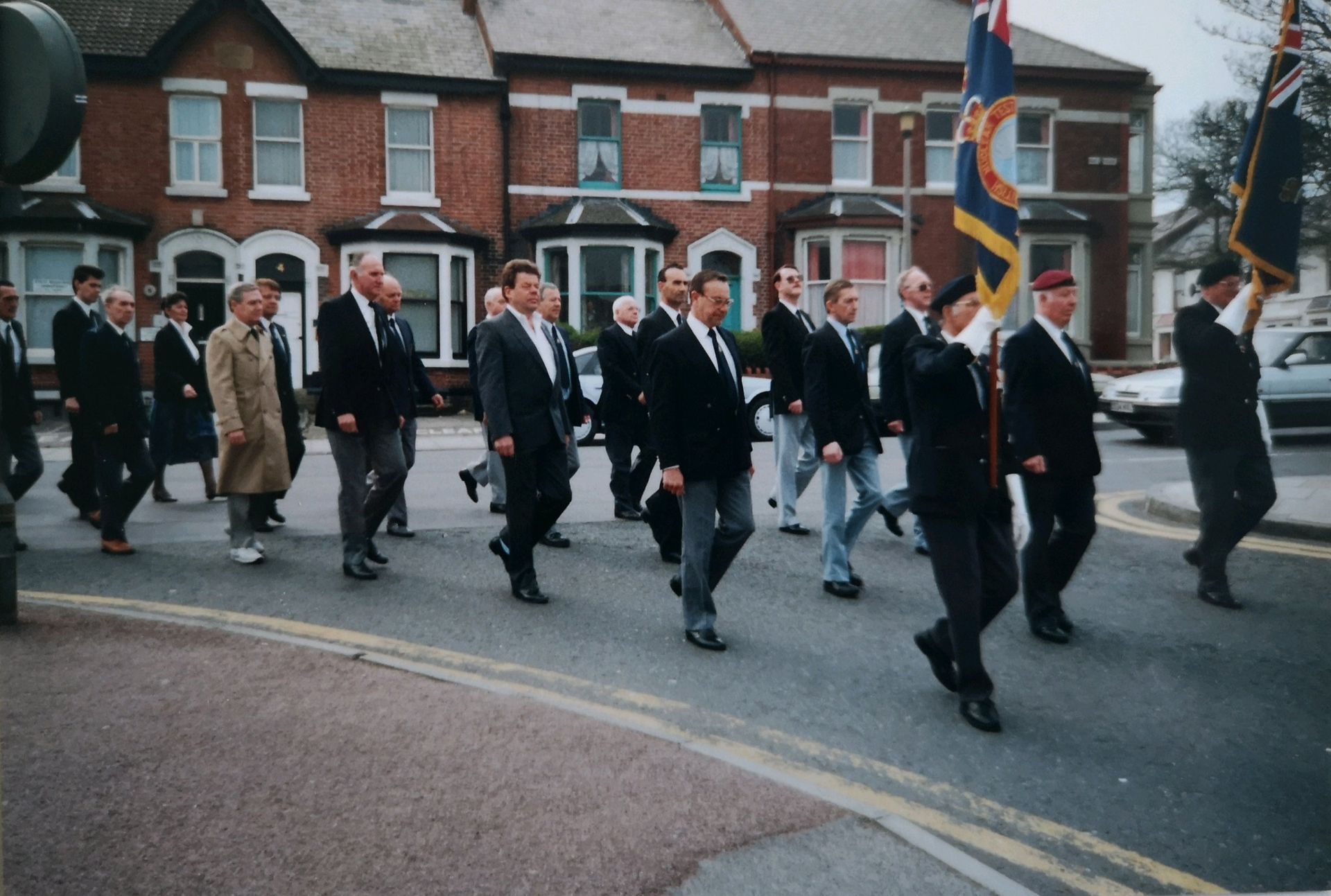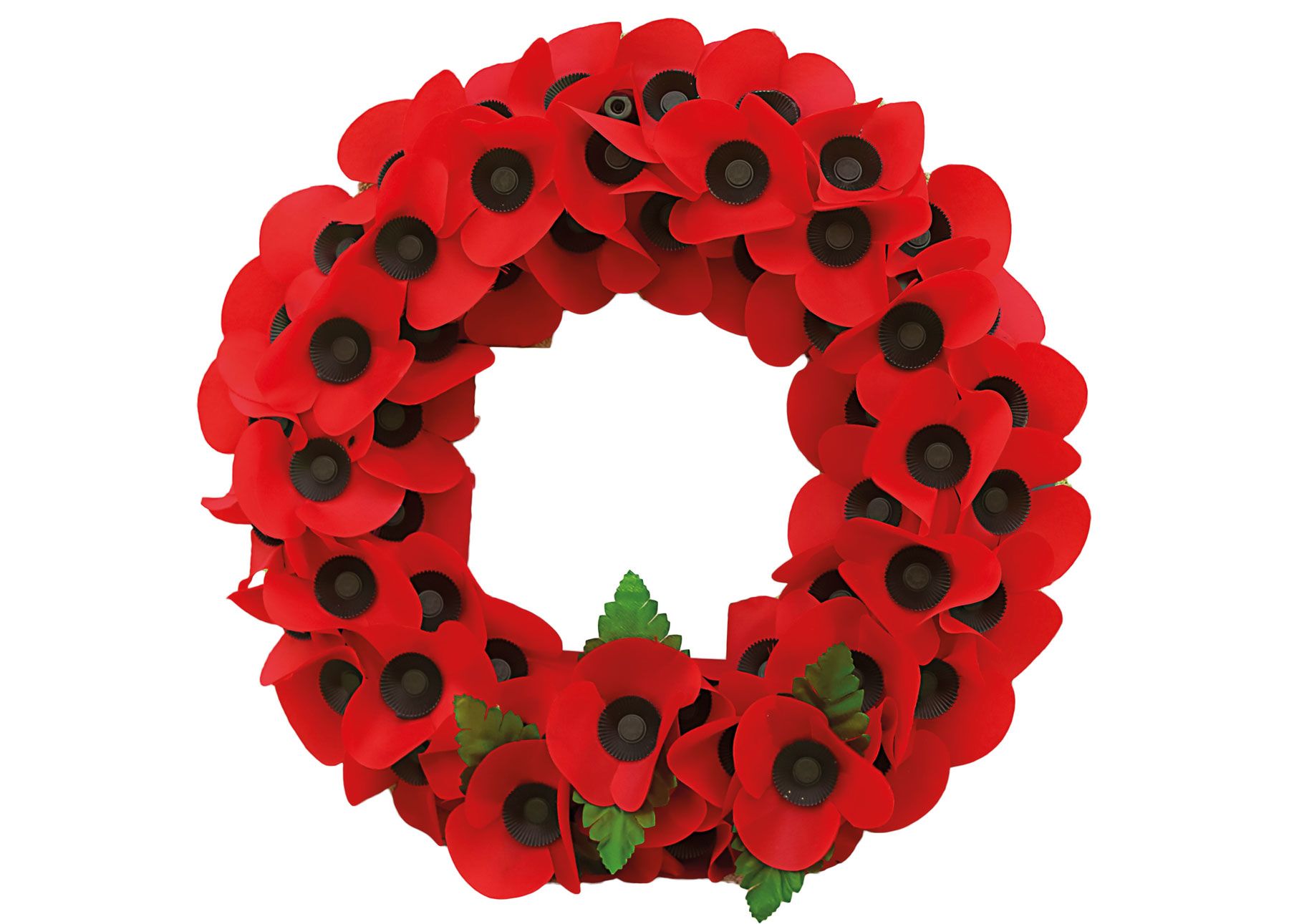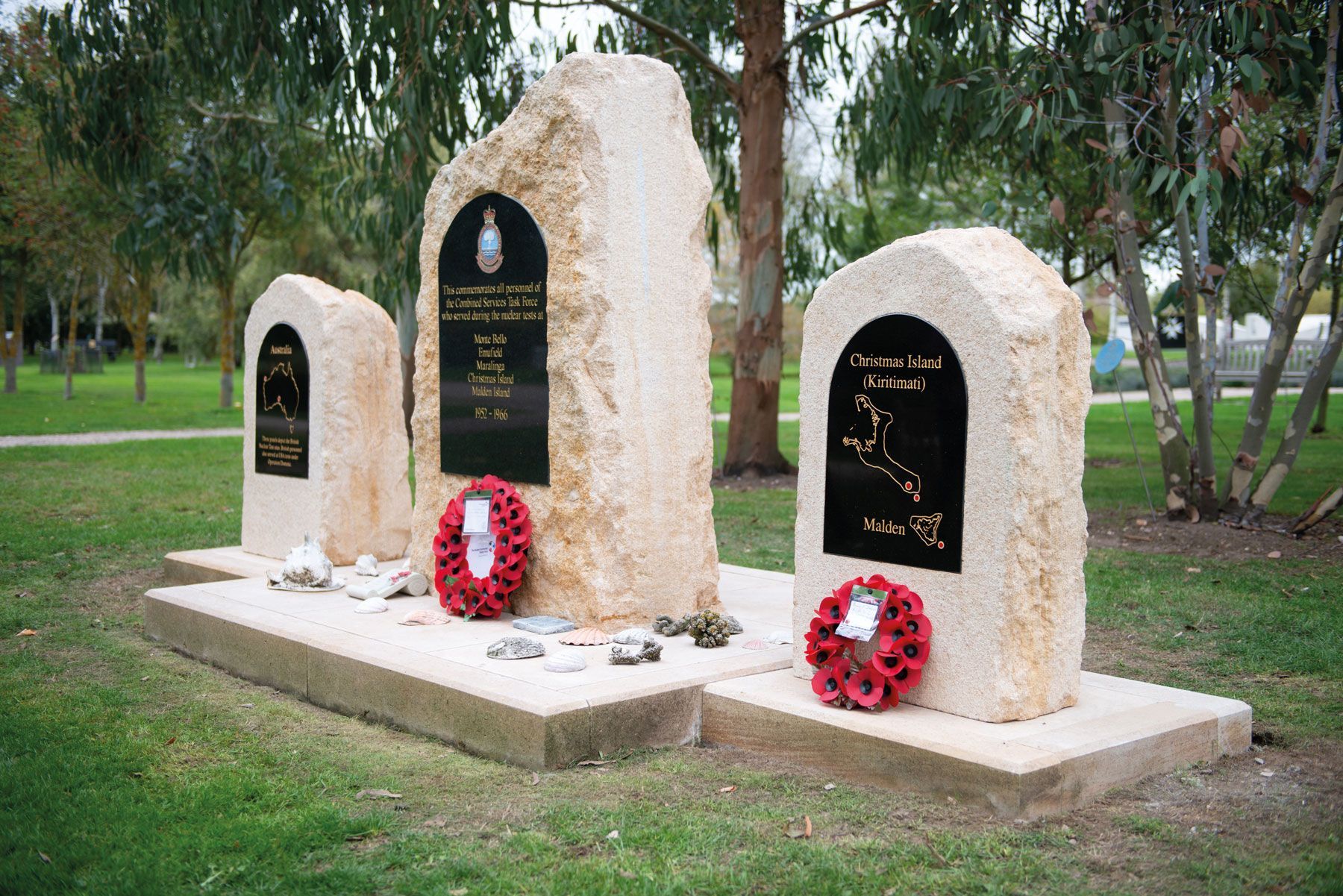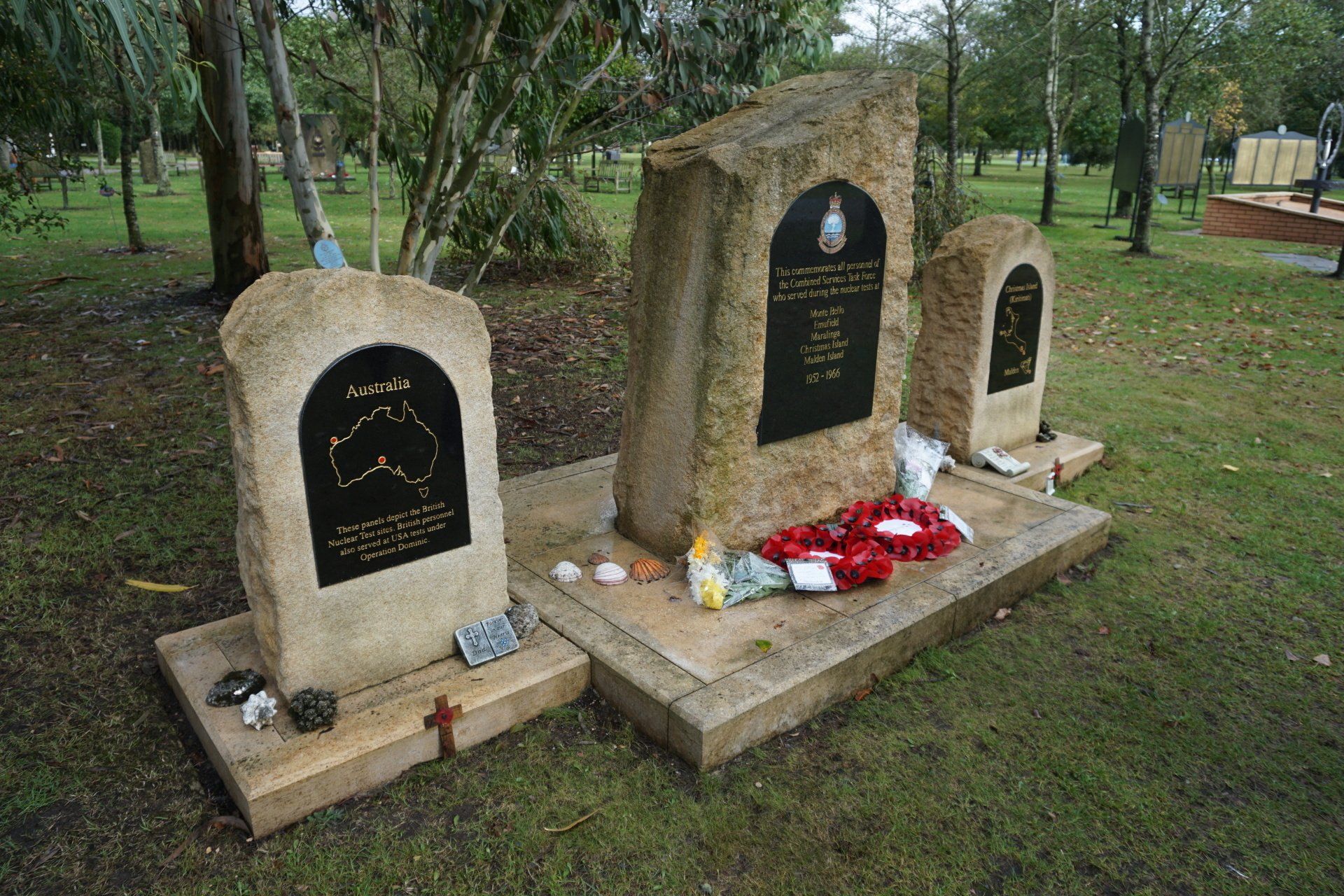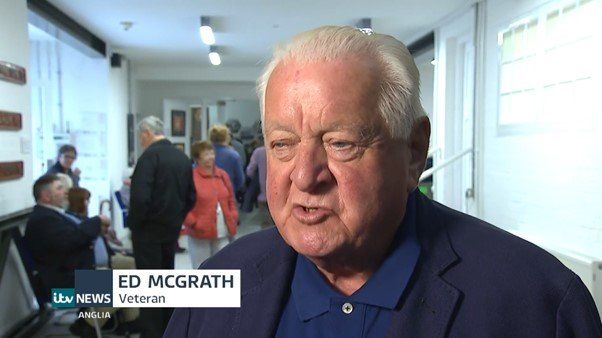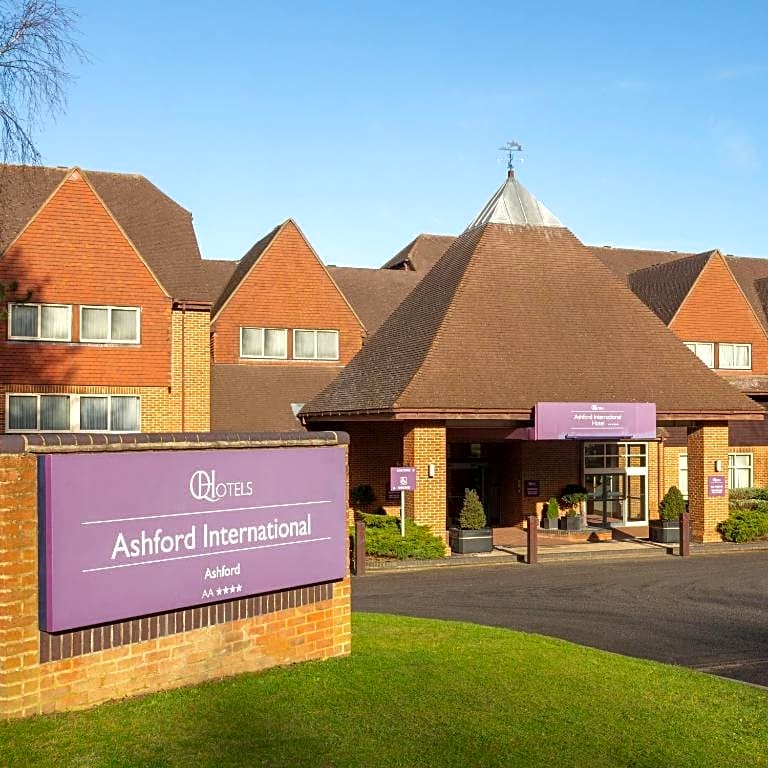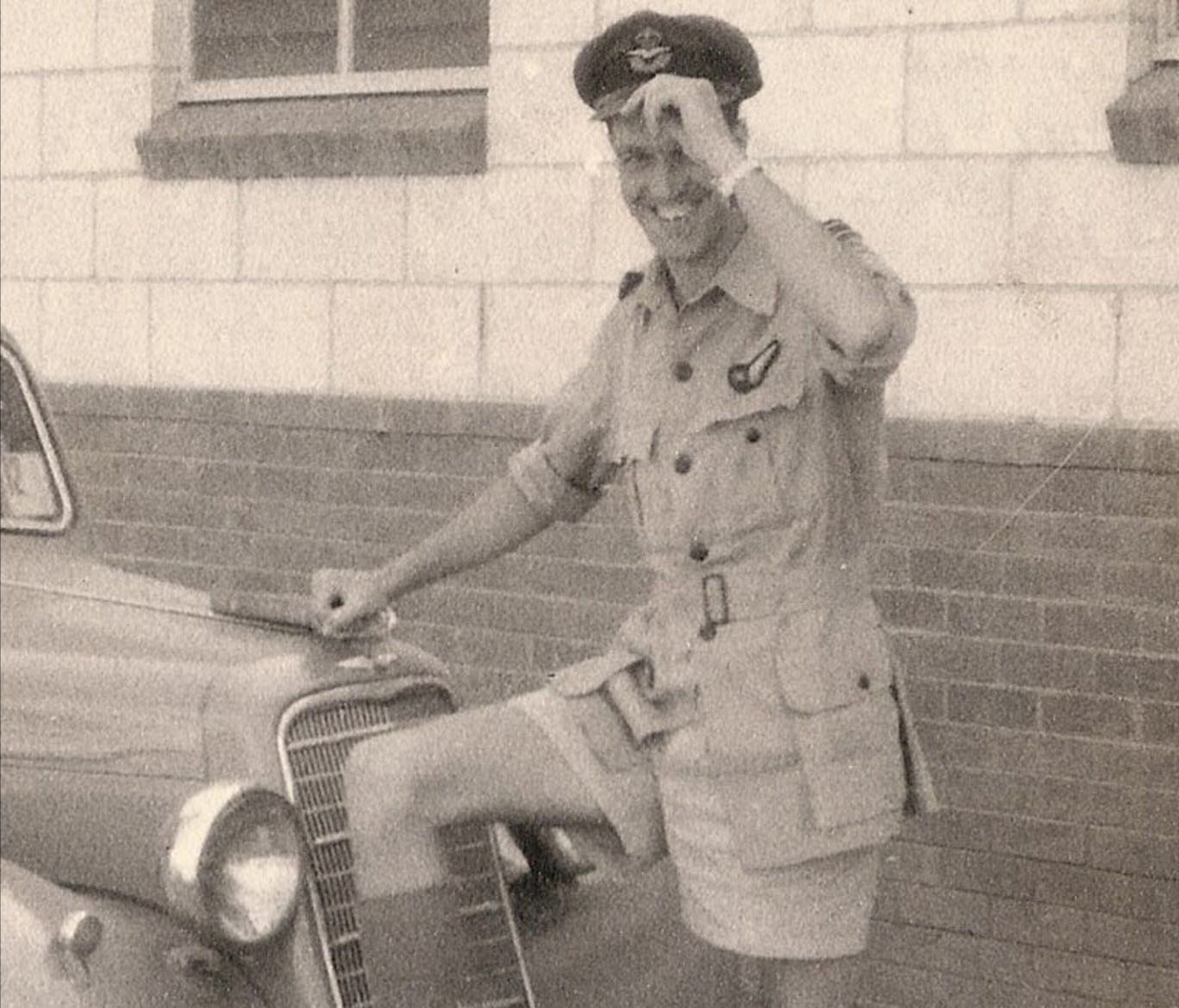‘Exposure worry’ study reveals nature of psychological impact on British nuclear test veterans
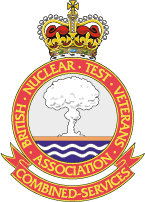
Men involved in the British nuclear weapons testing programme in the 1950s and 60s are more anxious than would be expected of older men, according to a new study. And although they’re not so worried about their own health, some are particularly worried about health effects in their grandchildren, and feel responsible for conditions their family members have, leading to feelings of guilt.
Previous studies elsewhere had revealed the psychological impact on Japanese atomic bomb survivors and those affected by nuclear power plant accidents such as Chernobyl and Fukushima. But the new study, by academics at Brunel University London and supported by the Nuclear Community Charity Fund (NCCF), was the first to focus on the exposure worry and potential psychological impact felt by those who had served in the British armed forces in locations such as Christmas Island and the Australian outback when the tests took place there.
Eighty-nine British nuclear test veterans completed an anxiety screening questionnaire, specifically designed for use in older adults, which showed that 1 in 3 (34%) of them met the criteria for clinically relevant anxiety – more than double the figure, from an earlier study, of 1 in 7 (15%) for older men who aren't veterans. The average anxiety score for these veterans also appeared relatively high compared to that of older adults elsewhere using the same scale.
Of the 89 study participants, 19 were then interviewed in depth by the researchers, which uncovered that the psychological impact of the nuclear testing programme was mixed.
"The interviewees generally reported not being worried or anxious about their exposure in the context of future adverse health effects in themselves," said George Collett, who led the study, now published in the International Journal of Environmental Research and Public Health. "Indeed, most of these veterans were not particularly worried about the future adverse health effects in their family members, since most of those with a health condition had been effectively managed.
"However, there were some instances where worry persisted, particularly regarding their grandchildren – but the severity of the worry varied across those interviewed."
While the psychological impact was generally limited in veterans who believed their children or grandchildren had not been adversely affected, there was a perceived self-responsibility accompanied with guilt in those who thought that their exposure had affected family members. "This notion of responsibility was evident in those who had descendants surviving with serious health conditions, but also applied to their wives with health conditions," said Collett. "Such otherwise normal negative life events would be psychologically distressing, regardless of ionising radiation exposure. But there could be further psychological impact, on top of what might be normally expected, resulting from the veterans’ perceived responsibility and subsequent guilt relating to their family members' health conditions."
The study found that veterans regarded their descendants' or wives' conditions as having been caused by the veterans themselves, despite attributing responsibility for the nuclear test events to 'the powers that be'. Indeed, five out of the 19 veterans interviewed expressed strong feelings of anger and frustration about the perceived role of authorities.
But the interviews demonstrated that these perceptions had developed over the life course of the veterans. When they had been at nuclear test sites as young men, they hadn't been worried about any potential consequences; some veterans described the anticipation and excitement leading up to a detonation.
Importantly, any psychological impact experience was primarily influenced by health-related life events, primarily in family members, and the awareness of reported radiation health effects. "This awareness appeared to be partly facilitated by the formation of veteran associations," Collett explained. "The 1980s appeared to be a central period marked by a change in perceptions as a result of access to radiation-related information at veteran association meetings, the emergence of media reports about nuclear testing effects, interactions with other veterans, and the birth and health development of children and grandchildren. This period appears to be the onset of any psychological impact related to the British nuclear testing programme."
Collett added that veteran associations may also serve as an effective coping system, especially for individuals who perceived their descendants to have been adversely affected.
The most widely reported topic across the interviews was that of the need for recognition, such as gratitude for having participated in the testing programme – not necessarily through a physical medal, but through the appreciation it would symbolise.
Dr Rhona Anderson, the Director of Brunel's CHRC – the Centre for Health Effects of Radiological and Chemical Agents, in which this study was conducted – added: "The sense of responsibility for family health and subsequent guilt must be considered in other exposed populations elsewhere in the world, since health conditions do occur naturally, regardless of exposure to radiological or chemical agents."
CHRC's other research into British nuclear test veterans includes a genetic and cytogenetic study of whether a heritable genetic legacy could exist due to historical participation in these military operations – whether there is evidence in the veterans' chromosomes of historical exposure to ionising radiation, and whether there are chromosomal and/or DNA alterations in the veterans' children. The results of these studies are expected to be finalised and published in early 2022.
Notes to editor
- 'Exposure worry: the psychological impact of perceived ionizing radiation exposure in British nuclear test veterans', by George Collett, William Young, Wendy Martin and Rhona Anderson, is published in the International Journal of Environmental Research and Public Health: https://doi.org/10.3390/ijerph182212188
- Please direct any questions for George Collett or Dr Rhona Anderson by email to Joe Buchanunn, Brunel University London's Senior Media and Engagement Manager: joe.buchanunn@brunel.ac.uk
- The Centre for Health Effects of Radiological and Chemical Agents (CHRC), based at Brunel University London and with Dr Rhona Anderson as its Director, has an extensive website, https://chrc4veterans.uk/, which details the aims of all of its research and, through its knowledge hub, explains genetic and cytogenetic concepts and previous research associated with nuclear test veterans.
